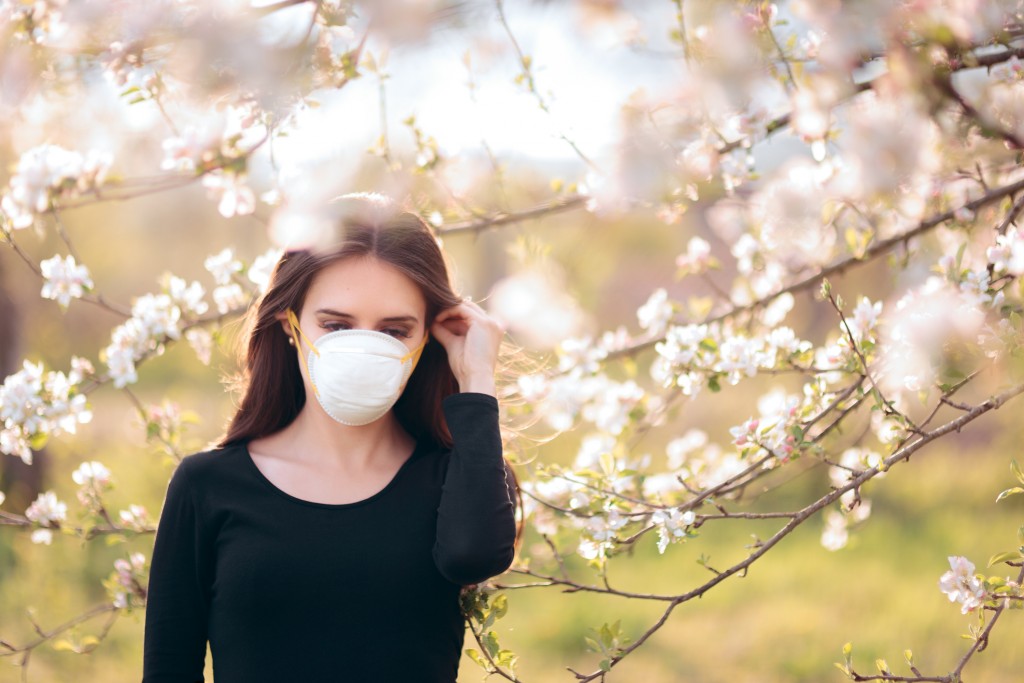Differences Between Spring Allergies and COVID-19
 Warm weather and growing plants usher in spring allergy season. Unfortunately, this year allergy season is overlapping with the COVID-19 virus. Understanding the symptoms of each can help us determine whether we need to call the doctor.
Warm weather and growing plants usher in spring allergy season. Unfortunately, this year allergy season is overlapping with the COVID-19 virus. Understanding the symptoms of each can help us determine whether we need to call the doctor.
Spring allergies are often triggered by pollen that is released by trees, flowers, and grass that have started growing after being dormant all winter. The wind blows the grains of pollen around, causing it to settle on cars, walkways, and decks. We track it into our houses on our shoes and clothing. It’s even carried in by our pets. Our bodies produce histamines to attack these various allergens. Histamines cause the unpleasant symptoms and reactions commonly associated with allergy season.
Allergy Symptoms
Typical allergy symptoms include the following: runny nose, congestion, itchy and watery eyes, sneezing, coughing, scratchy throat, postnasal drip, ear congestion, and headache. Most people with seasonal allergies do not have a fever. They typically do not have body aches, pains, or extreme exhaustion. Allergies are not contagious. They are not spread from person to person like colds, flu, or COVID-19. Most people suffering from seasonal allergies have had them before.
Allergy Treatments
Many over-the-counter medications are available to treat common allergy symptoms. Doctors can prescribe stronger medications, if needed. Those with asthma may need to use a bronchodilator to manage some symptoms.
COVID-19 Symptoms
The main symptoms of the COVID-19 virus are a fever, dry cough, shortness of breath, and difficulty breathing. Fatigue, loss of appetite, and loss of taste or smell have also been experienced by those with COVID-19. Additionally, some patients have complained of gastrointestinal problems such as nausea and diarrhea. Sneezing and runny nose are not typical symptoms of COVID-19. The COVID-19 virus is spread through coughing and close personal contact with an infected person.
If you believe your symptoms are just related to seasonal allergies that you have experienced in the past, you may not need to call your doctor. You may be able to alleviate the symptoms with over-the-counter medications that were previously helpful. If you believe you may be infected with the COVID-19 virus, call your doctor for instructions.
Do not go to the doctor’s office without calling first.
Isolate at home, preferably away from others in the household, to keep from spreading the virus.
We strongly recommend following the guidelines outlined by the Centers for Disease Control and Prevention (CDC).




